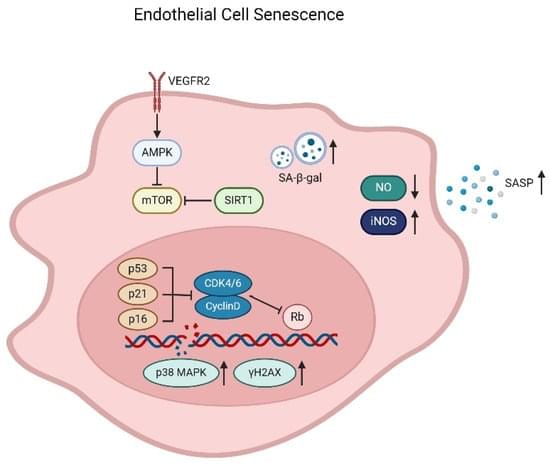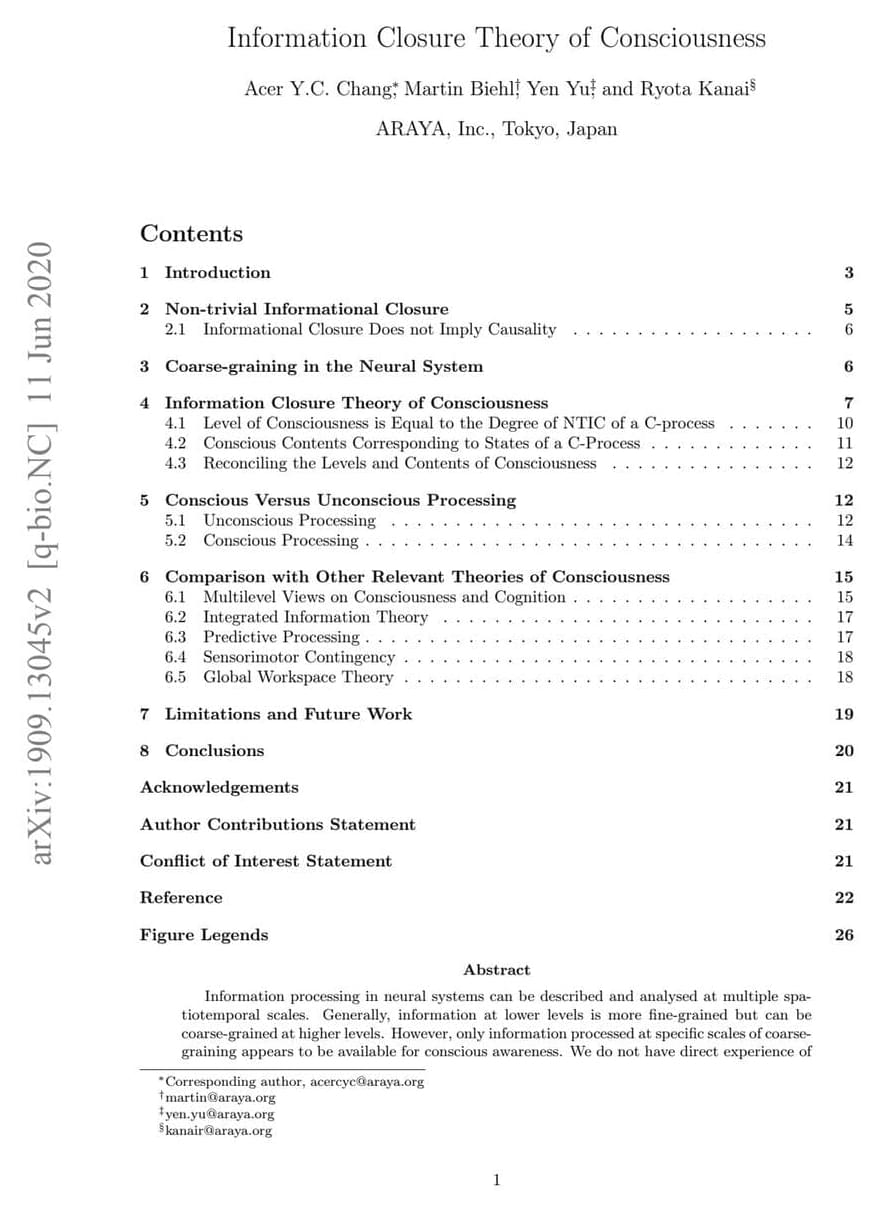India’s next Mars mission could include a helicopter that follows in the footsteps of NASA’s pioneering Ingenuity drone.
India’s first-ever Mars surface mission could lift off in the early 2030s.


Endothelial cells line at the most inner layer of blood vessels. They act to control hemostasis, arterial tone/reactivity, wound healing, tissue oxygen, and nutrient supply. With age, endothelial cells become senescent, characterized by reduced regeneration capacity, inflammation, and abnormal secretory profile. Endothelial senescence represents one of the earliest features of arterial ageing and contributes to many age-related diseases. Compared to those in arteries and veins, endothelial cells of the microcirculation exhibit a greater extent of heterogeneity. Microcirculatory endothelial senescence leads to a declined capillary density, reduced angiogenic potentials, decreased blood flow, impaired barrier properties, and hypoperfusion in a tissue or organ-dependent manner.






In a vacuum like space, the speed of light is just over 186,280 miles per second. Scientists have now shown it’s possible to slow it down to zero miles per second without sacrificing its brightness, regardless of its frequency or bandwidth.
